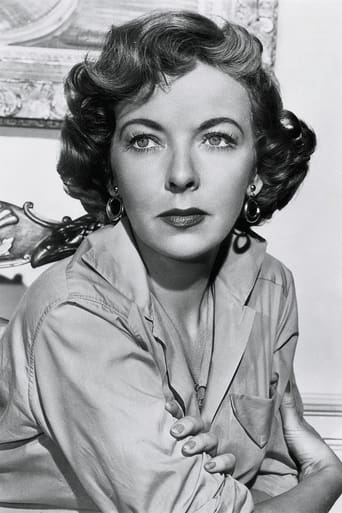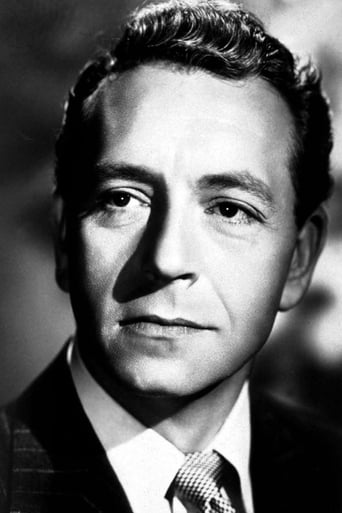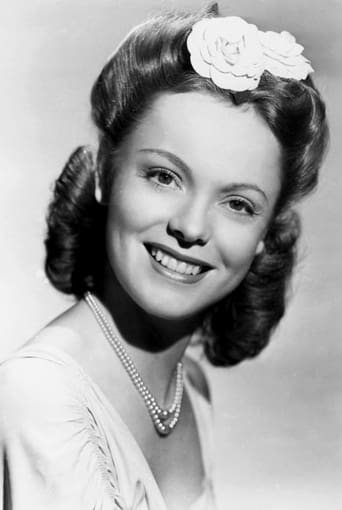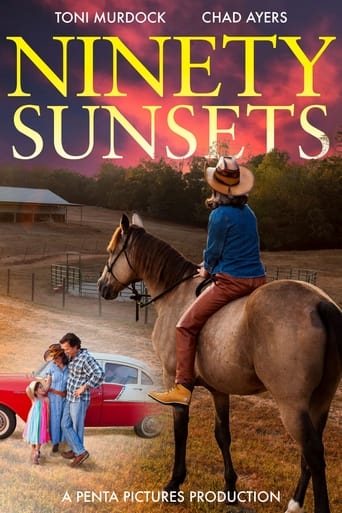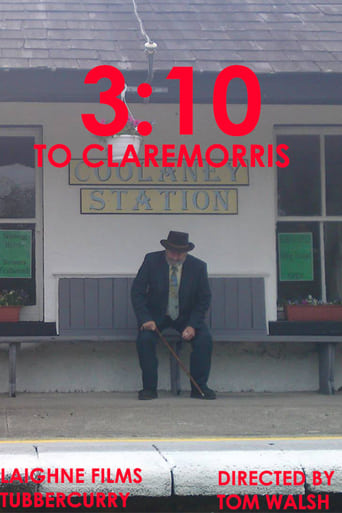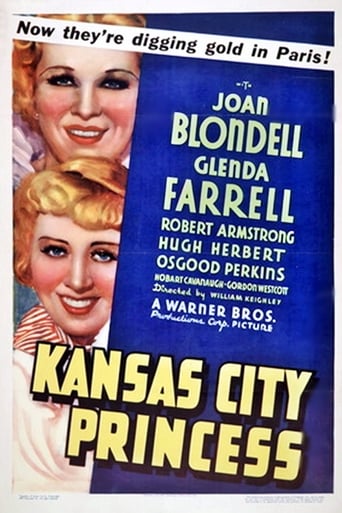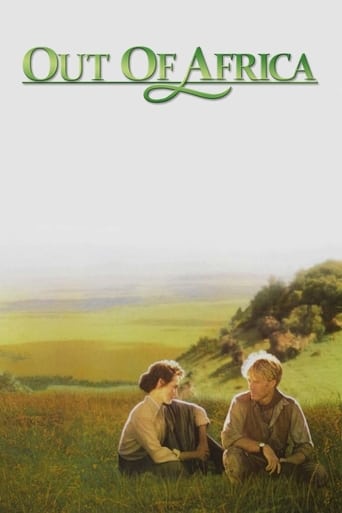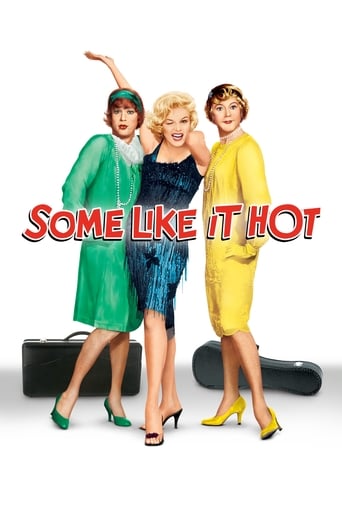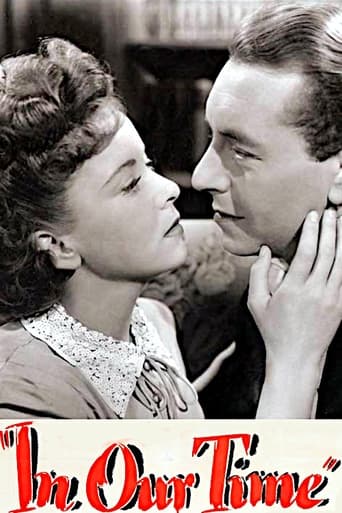
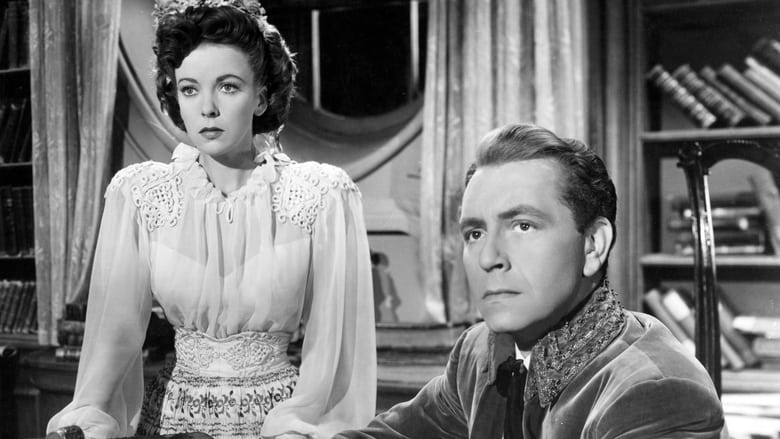
In Our Time (1944)
It is early 1939 in Poland when Mrs. Bromley and Jennifer come to buy antiques for her business in London. Jennifer meets Count Stephen and they wine, dine and see the sights though out the city. He wishes to marry, but his family is against plain Jennifer. When she tries to leave, he catches her at the train station and they are married. To be self sufficient, they modernize the family farm with tractors and increase production, but then Germany starts the war.
Watch Trailer
Cast


Similar titles
Reviews
I like the storyline of this show,it attract me so much
So much average
Pretty Good
This story has more twists and turns than a second-rate soap opera.
This is a strange little movie, though not without historical interest. This is Poland before it's desecration by German forces; a "feudal" society, it's population predominately rural, a cultural anachronism laboring under enslavement to tradition. Such is the backdrop for this formulaic love story between an English working girl, Jennifer Whittredge, played by Ida Lupino and Polish Count Stefan Orwid, portrayed by Paul Henreid. The two meet in the country's capital city Warsaw where Jennifer's employer has come to shop for antiques. Count Stefan treats Jennifer to an evening of fine dining in a restaurant named "The Stables " a name that clues us in to the forthcoming chain of anachronisms that preoccupy the entire story. And we don't have long to wait. The next clue follows pretty quickly on the first. Count Stefan Orwid is a officer in the Polish cavalry who expresses confidence that the army of his country can repel German aggression. Over the dinner table he expresses to Jennifer his conviction that "when it rains, enemy tanks would get bogged down in the mud our cavalry would ride around them." When Jennifer asks him, quite reasonably, what would happen should it not be raining when the two sides confront each other in battle well the Count is stumped. He has no reply. Apparently such an obvious contingency has never occurred to him. What would happen when horses were pitted against the machines of modern warfare? Holy kielbasa!Well, the Count and English girl Jennifer get married, and her aristocratic in laws, especially her mother-in-law, literally faints in prostration at this unwelcome match. "You came from too far, you are too different," Zofia Orwid swoons. Michael Chekov, as Uncle Leopold, provides the only noteworthy performance here. He's the cranky old sage of the noble clan, tolerated by his family circle as an eccentric busybody. However, he's the only one within miles who seems to have a grasp on reality, faulting the lifestyle and values of his compatriots for living in a "lost world, a world of dinosaurs." Under his wife's influence, the Count attempts to modernize the farm work, for the good of the peasant laborers as well as for profit and independence from the overbearing and overseeing control of the family patriarch, Uncle Pawel. His efforts to mechanize field work by introducing a tractor is initially received with stony indifference by the assembled peasants. After one of them is induced to take it for a wild ride over the cropland, the consensus is a thumbs down for the tractor, now a mechanical monster to be feared. Again, the scriptwriters have illustrated their message. Conclusion: The Hollywood movie factory gave us too little, too late. Five years after the invasion of Poland by Nazi forces, the movie machine decided to put out a propaganda vehicle to arouse awareness and promote solidarity with European plight. They gave us their two cents worth in this anemic film.
Stumbled onto this on TCM ... granted, it's a wartime film to be sure - down to the "Buy War Bonds" cleverly configured Warner Brothers credit at the end, and brimming with patriotic emotion - but incredibly enjoyable/entertaining. I was happily surprised by all the talent in the cast - besides the ALWAYS wonderful Ida Lupino and the wonderfully debonair/attractive Paul Henreid (sigh!), it was delightful to see - albeit briefly - Mary Boland (for an extensive Mary Boland treat, check her out in "The Women"). And the rarely-seen-on-screen Alla Nazimova was illuminating ... while I heard her name being mentioned by the host, I didn't put it together until afterward. Great WWII Western European homefront film - highly recommend it!
Ida Lupino and cast do very well in a film that is hampered very much by propaganda which really makes it dated now. Because Stalin was our ally when the movie was made, nothing could be mentioned about the fact Warsaw, Poland was being invaded by the Nazi's and the Comunists. The film does not mention another event that happened when Poland was being invaded too. That is the shipment of Polish Jews to Nazi Death Camps and Soviet Siberia Death Camps at the same time during the invasion. While the film is another assembly line Warner Brothers production, the script needs to be redone to tell the real story. The Polish Leader's Speech on the Radio about holding Poland very likely never happened in the way it is presented.The moments presented here deserve to have the real story told as this invasion is one of the darkest moments in human history. Most of the population of Poland was destroyed by 2 of the biggest evils in History. It is sad that Stalin has never received his due for his role in the Jewish Holocast in Eastern Europe.
A bit slow moving but nonetheless interesting. The only thing missing is Maria Ouspenskaya stirring a boiling cauldron.Paul Henried and Ida Lupino fall in love near Warsaw. She's a British commoner employed by a fancy English antique collector. Paul and Ida meet by accident in an antique shop. After they do some innocent and tender kanoodling for a while, Paul decides to bring Ida home to meet the Fockers...oops...I mean the royal Orvid family.Only philosophical uncle Leopold Baruta likes Ida. Paul's sister,Janina, hates her while the rest of the Orvids think she's not good enough for Paul. In the meantime, we encounter a guy who's supporting them all-- Count Pavel. The reason why he's a Count is because everyone watches him count his money to then disperse to them as monthly stipends.Count Pavel is also a representative of Poland to Nazi Germany and he's convinced that, after Czechoslovakia, Hitler had no more territorial designs on Europe so it would be a good idea to give him the Polish Corridor so as not to tick him off into attacking Poland. Ida begins to dislike the whole Orvid family and especially Paul's reliance on Pavel for dough. So she's about to hop a train to get her back to England when Paul promises to become independent and she buys into it. So they marry, start teaching the peasants how to till the land while Pavel seethes because this is no way for Polish nobility to act.On Sept,1.1939, the Nazis invade Poland and begin bombing Warsaw. Paul puts on his military uniform and heads for battle. Ida is left home and somehow, she rallies the peasants into fighting the Germans which history proves to be an absurdity. She teaches them the "scorched earth" policy which history teaches was anachronistic because it was the Russians who employed it against the Nazis after 6/22/41. However despite its flaws,it all makes for an interesting anti-Nazi, morale boosting film for us at home.


